The unparalleled passion ignited by the ongoing Beijing 2022 Winter Olympic Games has spurred China's consumer and capital markets in the starting days of the Year of the Tiger.
The enthusiasm of hundreds of millions of spectators has acted as a catalyst in creating new fashion trends in China's speedy consumer market and in kindling new interests among investors in the country's capital market.
SKIING AS A FASHION
"Did you go skiing during the holiday?" Many Chinese people wish to ask their colleagues upon their return to work following the Spring Festival holiday, which concluded on Feb. 6.
The Chinese people's zeal for skiing peaked during this holiday as the opening of the Winter Olympics turned the already-popular sporting activity into a new fashion of consumption.
According to online travel service provider Qunar.com, skiing has made its way onto the list of top three hottest words searched on its platform for the first time ever, and the number of ski resort tickets sold on its platform doubled during the holiday compared to last year.
Data from China's e-commerce giant JD.com shows that the overall transaction value of ski sports products increased by 322 percent year on year in the period, among which that of ski masks increased by 15 times.
Since China's successful bid for the Winter Olympics in 2015, skiing, the once niche activity, quickly gained popularity in the country. Industry data shows that the number of skiers reached 13.05 million in 2019, nearly doubling from that in 2014, and ski resorts rose from 568 in 2015 to 770 in 2019, and are expected to top 1,000 this year.
Consumption data demonstrates a cross-country passion for skiing, with traditional resorts in China's northeastern region and indoor resorts in the country's south and southwestern regions both becoming hot tourism destinations, according to Alibaba's travel branch Fliggy.
Considering skiing as one of the most popular new sports amid the rapid growth of China's sports consumption, Ding Changfeng, a senior executive at Chinese property developer Vanke, predicts that the number of ski trips in China will rank first in Asia this year and reach the top globally by 2032, hitting 60 million.
MERCH SELLING LIKE HOT CAKES
In addition to the sweeping popularity of winter sports, Olympic passion has also boosted the sales of related products, be it Olympic mascot merchandise or sportswear with special designs or those worn by celebrity athletes.
Bing Dwen Dwen, the mascot of the 2022 Beijing Winter Olympics, exemplifies spectators' eagerness to own what they see and fancy.
On Feb. 4, the Games' opening day, the mascot became the most popular word searched on JD.com in 11 cities and provinces, while over 1 million people flooded the official Olympics online store on e-commerce platform Tmall.
A week into Beijing 2022, consumers are still actively searching for opportunities to buy a Bing Dwen Dwen, whether by joining online flash sales or waiting in long queues outside licensed merchandise stores.
For days, trending topics on social media have fueled an increase in demand for Olympic-themed sports products, such as down jackets worn by numerous national teams during the opening ceremony, panda-themed skateboards, sportswear worn by Olympic champion Gu Ailing, among other items.
HEAT IN CAPITAL MARKET
The widespread Olympic zeal has permeated China's capital market, with investors showing confidence in companies in a variety of Olympic-related fields and entrepreneurs ready to tap opportunities in the ice-snow industry.
Hot sales of Olympic-related products helped increase investment in suppliers. For example, the stock price of Beijing Yuanlong Yato Culture Dissemination Co., Ltd, a licensed manufacturer and retailer of the Olympics merchandise, surged nearly 50 percent in the first trading week of the Year of the Tiger, while that of ANTA Sports Products Limited, a leading sports products company, has reached a new high since the start of 2022.
China Mobile Limited also saw its stock price register double-digit growth from Feb. 7 to 11, benefiting from its broadcasting rights of the Games and the cooperation with several celebrity athletes.
In the field of infrastructure construction, developers of Olympic venues and hotels such as Jangho Group Co., Ltd. and China Railway Group Limited also reported rising stock prices.
Analysts from Guoyuan Securities have pointed out the enormous potential for business opportunities in fields such as venue construction, sponsorship services, technical support, energy and transport facilities, as well as the sale of licensed merchandise.
Besides, China's ice-snow sector has attracted an increasing number of enterprises due to its vast potential. More than one third of the country's 21,500 existing ice-snow firms as of January 2022 were registered in the last two years.
Investment and financing of ski-related enterprises have exceeded 185 million yuan (about 29 million U.S. dollars) since 2021, while the number of new firms in the ice-snow tourism sector rose by 15 percent annually in the 2018-2020 period, industry data shows.
China's ice-snow industry expanded from 270 billion yuan in 2015 to 600 billion yuan in 2020, according to an industry report. The scale of the sector is expected to top 1 trillion yuan by 2025, accounting for about 20 percent of the entire sports industry.









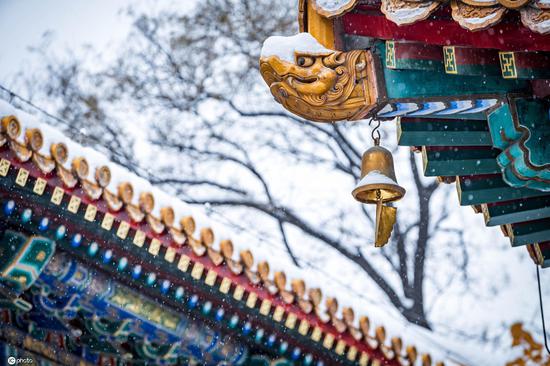
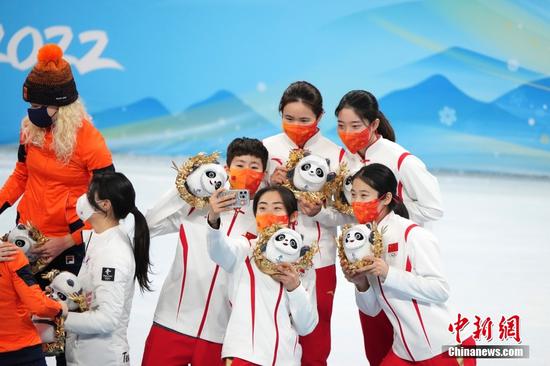

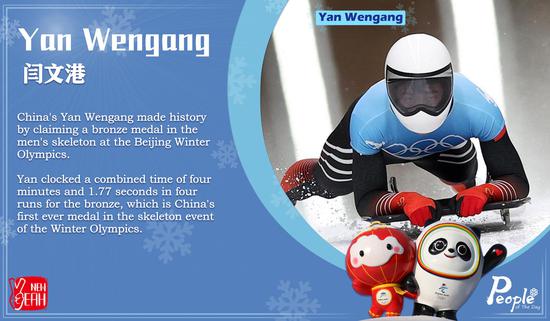



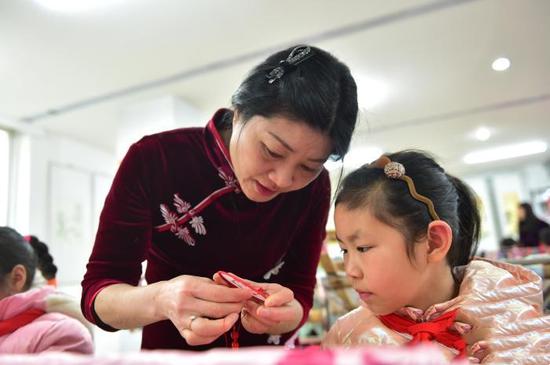
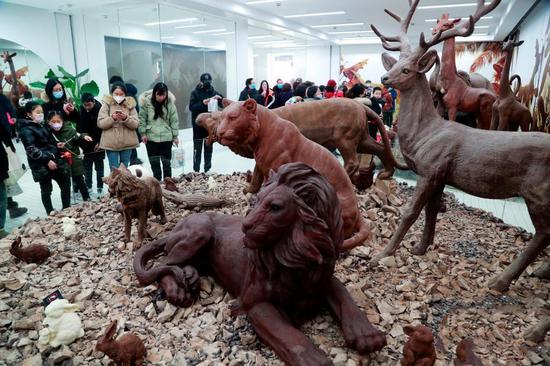

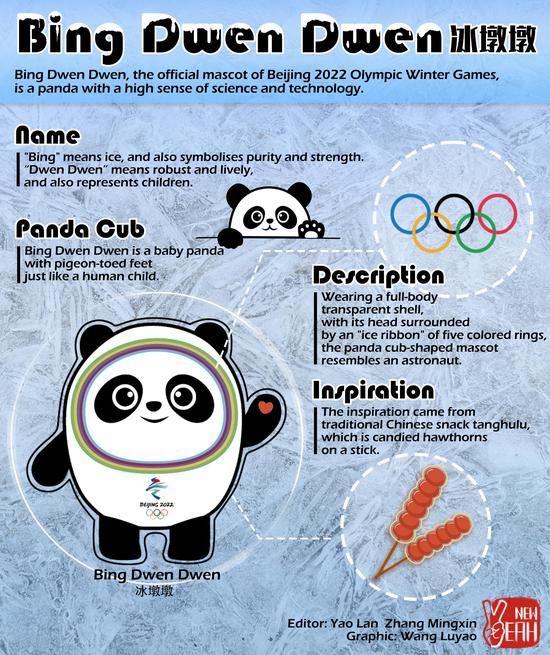

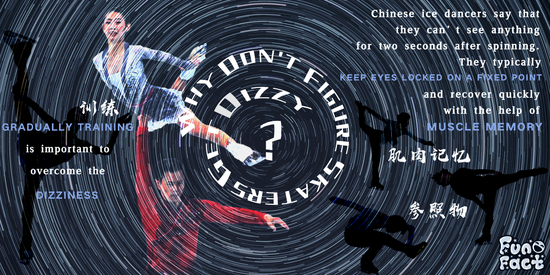



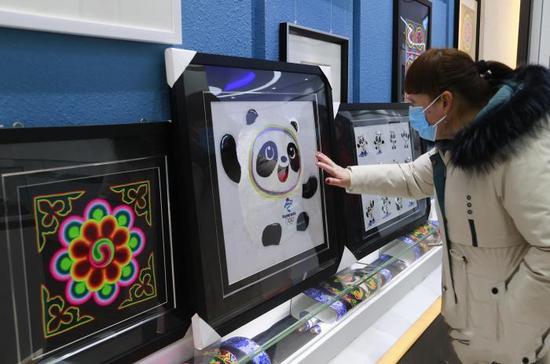



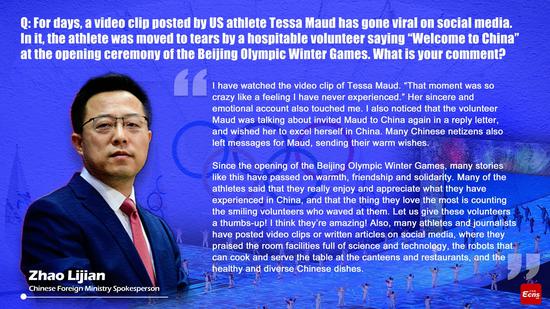
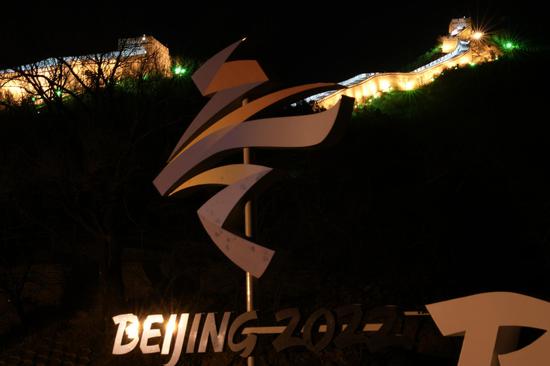
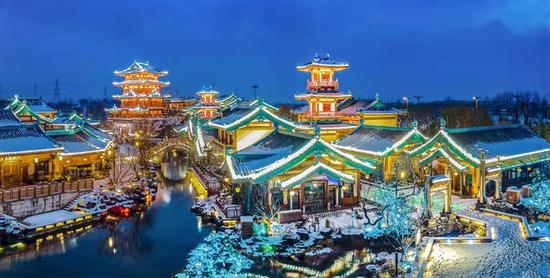
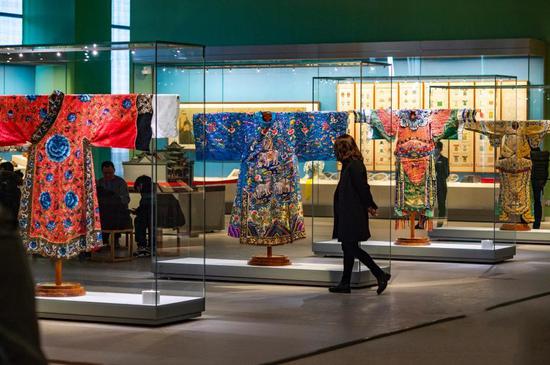
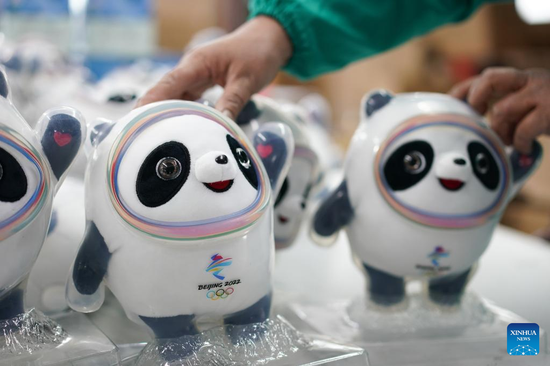
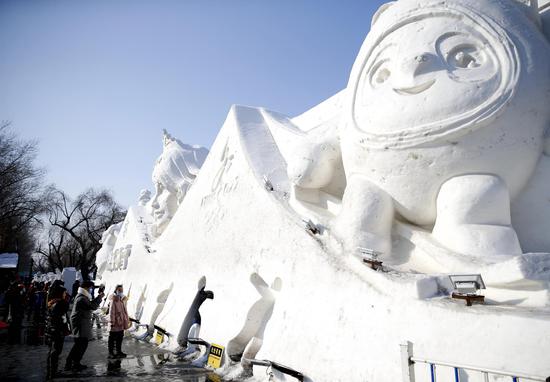
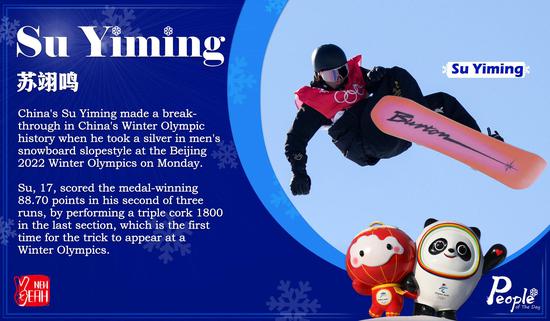


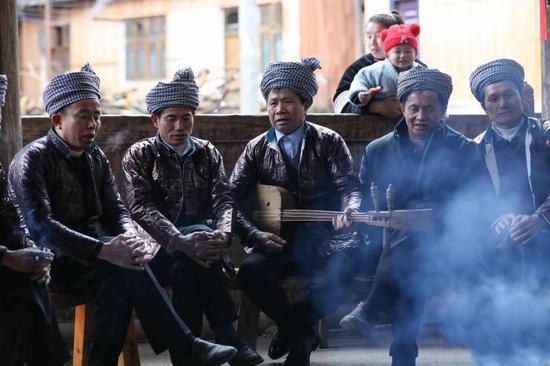

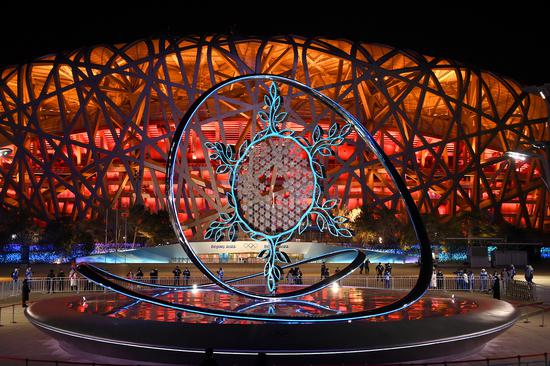
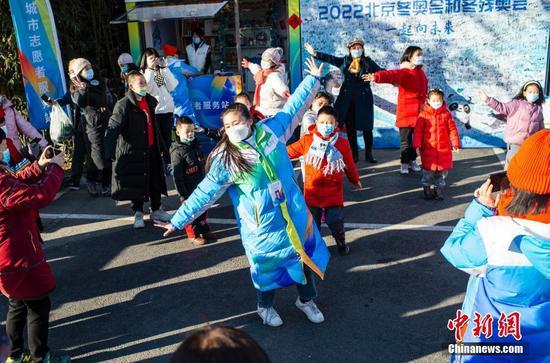
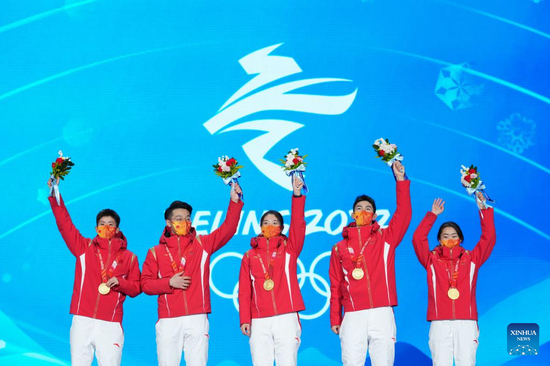
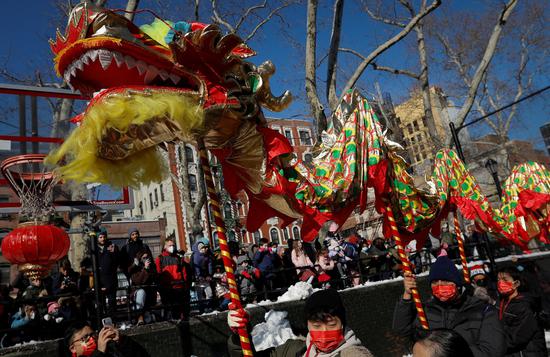
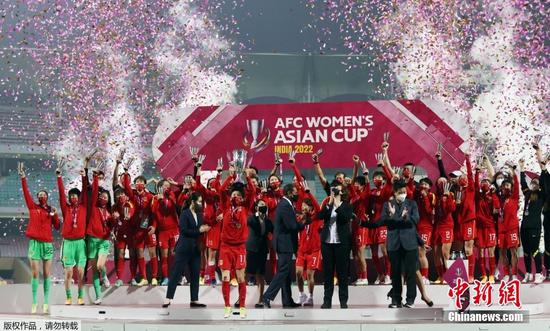





 京公网安备 11010202009201号
京公网安备 11010202009201号